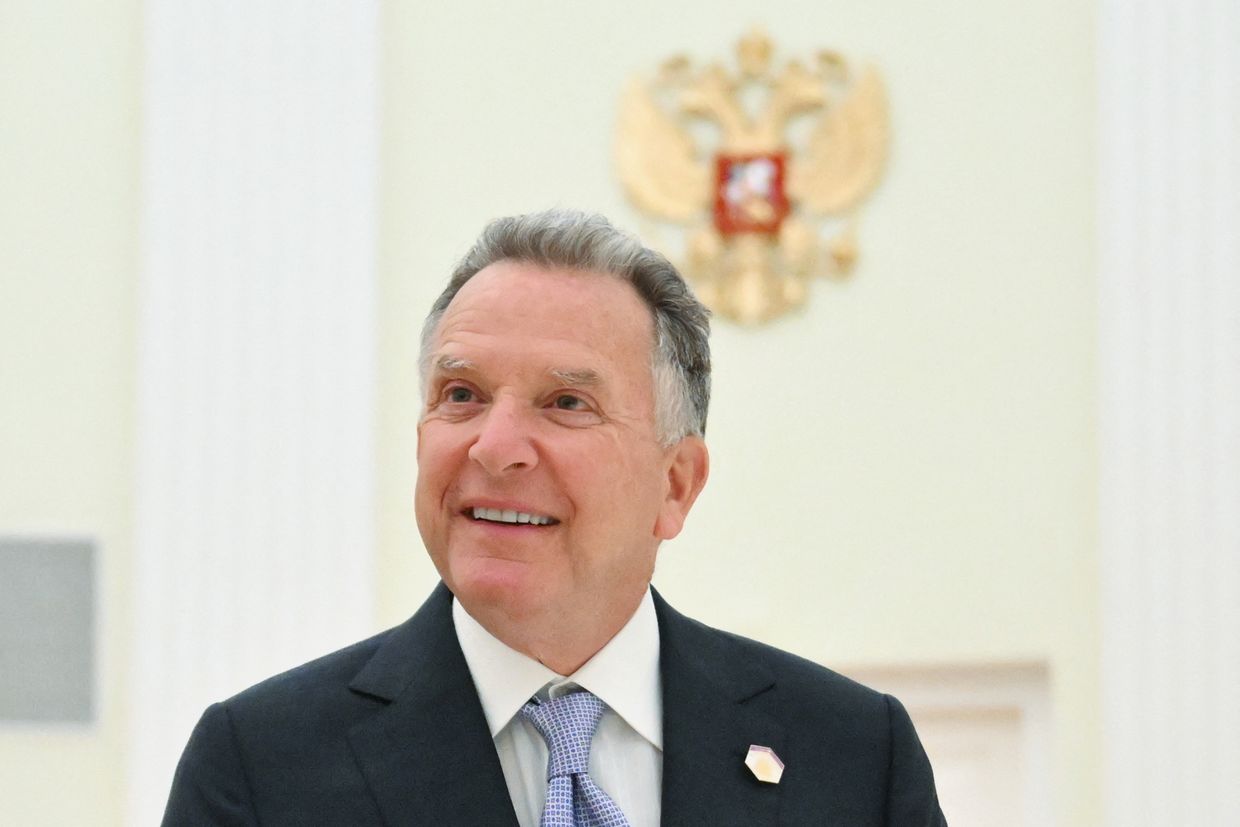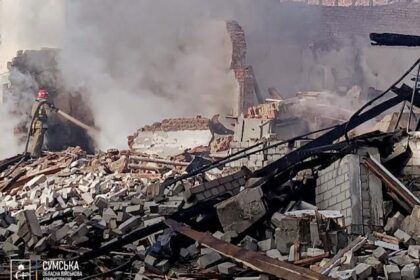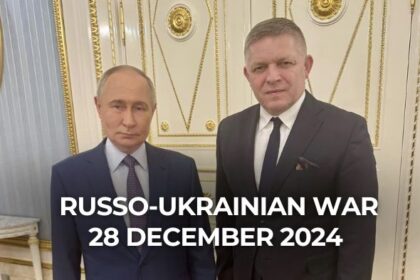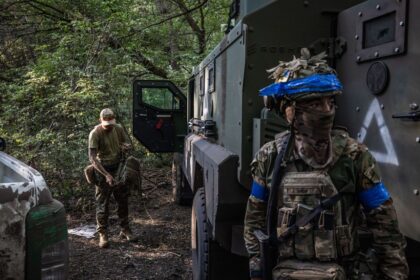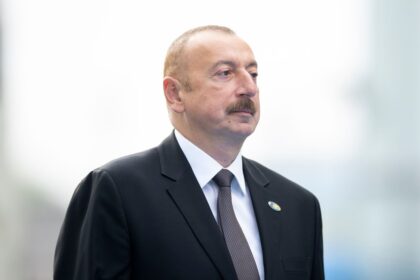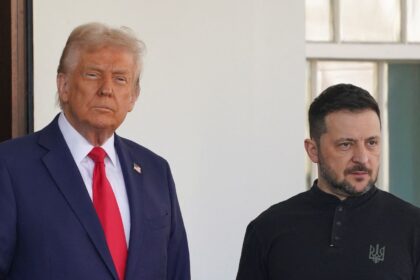**US Envoy’s Reliance on Kremlin Translators Raises Concerns in White House**
In a move that has sparked concerns among officials, US President Donald Trump’s Special Envoy for the Middle East, Steve Witkoff, has been relying on translators provided by the Kremlin during his meetings with Russian President Vladimir Putin. According to NBC News, which cited US and Western officials, this unusual arrangement has left Witkoff dependent on translators from Moscow.
The issue came to light after Witkoff’s latest visit to Moscow on April 26, just a day after a mass missile attack in Kyiv killed 12 people. Despite being a high-profile negotiation, Witkoff did not employ his own interpreter, instead relying on Kremlin-provided translators to facilitate communication with Putin.
Experts have expressed alarm at this move, saying it undermines the normal protocols and creates an unequal dynamic in the negotiations. Michael McFaul, former US ambassador to Russia, described Witkoff’s decision as “a very bad idea”. McFaul, who speaks Russian, has witnessed firsthand how Kremlin translators can shape the language used during meetings.
“It’s a basic security protocol that you would not use someone provided by the host country,” said one Western official. “If they speak to each other in Russian, he doesn’t know what they are saying.”
**Questionable Conduct**
This is not the first time Witkoff’s conduct has been called into question. A recent report by The New York Post highlighted concerns among White House officials over his approach, including his reliance on Kremlin translators.
One source close to the matter described Witkoff as a “nice guy, but a bumbling f***ing idiot”, raising further questions about his suitability for such high-profile negotiations.
The White House has sought to downplay these concerns, stating that Witkoff “abides by all security protocols in coordination with the State Department”. However, this move highlights the complexities and challenges of navigating delicate international relations under Trump’s presidency.
**Tougher Stance on Russia**
In a separate development, Trump has continued to express frustration over his inability to secure a ceasefire in Russia’s war against Ukraine. His administration had proposed a 30-day unconditional ceasefire starting March 12, but Putin rejected the offer.
Instead, Putin invited Ukraine to begin direct negotiations in Istanbul on May 15, further exacerbating tensions between Moscow and Kyiv. This move has underscored Russia’s refusal to accept an unconditional ceasefire in its full-scale war against Ukraine.
As the situation continues to unfold, concerns over Witkoff’s reliance on Kremlin translators will undoubtedly intensify. The question remains: what impact might this unusual arrangement have on future negotiations between the US and Russia?




